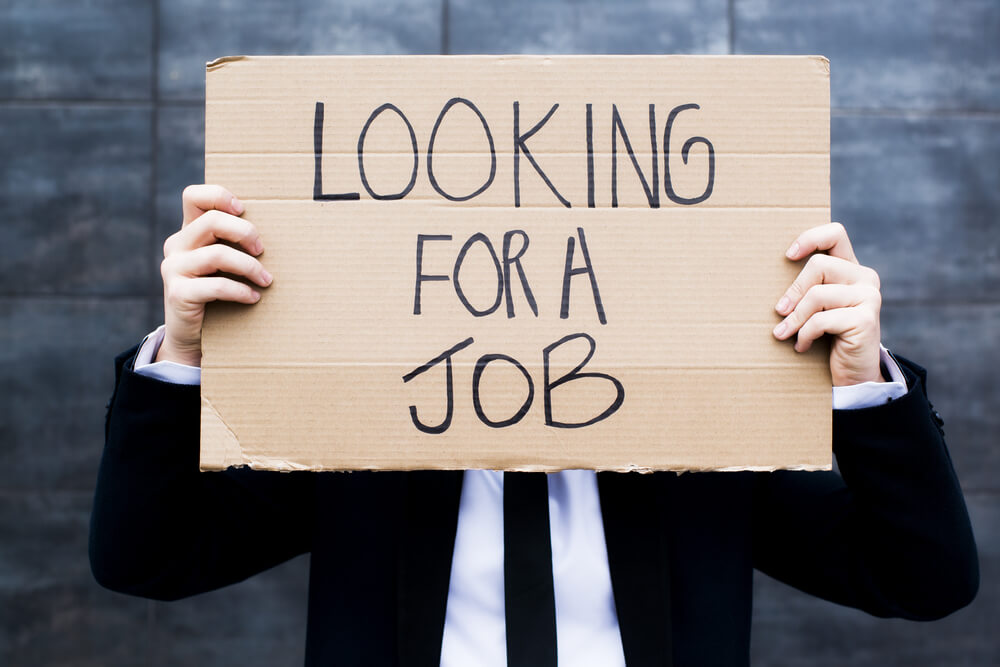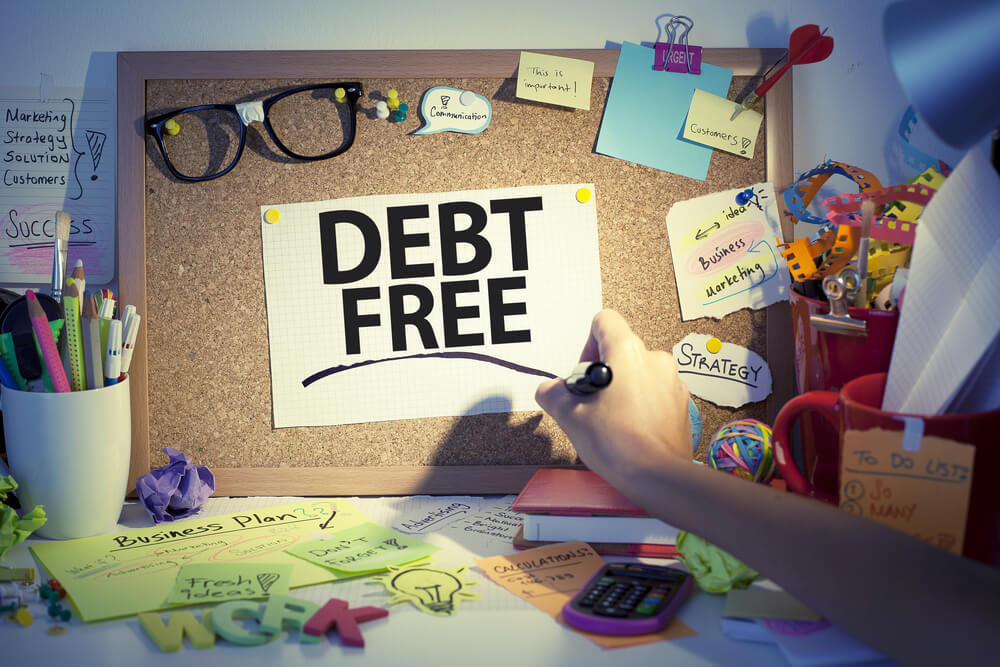
Life has a funny way of throwing curveballs at you and it usually happens when you least expect it. Let’s take Shannon, for example: after working two jobs for five years, she finally had the means to buy herself a nice house. Shannon, just like many Aussies, believed that 2020 would roll by just like all the previous years, but the coronavirus pandemic spared no one. First, Shannon lost one of her jobs; a couple of months later she found herself jobless. Now strapped for cash, Shannon feels like she’s drowning in a sea of mortgage payments.
Shannon’s experience isn’t unique. In fact, it’s all too common. Whether it may be personal or business loans, having debt can make a negative impact on one’s way of living.
There’s Hope
Even when it feels like there’s no end in sight, it’s not the end of the world if you lose the means to pay off debt.
Understandably, you would be in a great amount of stress. Letting yourself come to terms with your current situation can be difficult. In fact, some people find themselves stuck in a rut and never truly get out of it until it’s too late.

Financial hardships are nothing new and you shouldn’t feel ashamed about what you’re going through. Getting yourself back on track is no easy feat. However, it shouldn’t hinder you from paying off debts. Sweeping it under the rug won’t make the loans go away and it will be detrimental to your financial health in the future.
Banks and creditors are all too familiar about debt payments (or lack thereof) and we’ve got practical, doable advice about how you can get your finances together in no time.
Study Your Situation
Be aware of how deep in debt you are. Check your accounts and calculate how much you would need to allot on a monthly basis to pay off your debt.
Ideally, you should have 3-6 months worth of monthly expenses saved up in the bank. This amount is often recommended by financial experts to help you tide through the times while you begin looking for other sources of income.
Next you want to look at things that eat up your budget. These are usually unnecessary expenses that you can do away for the time being. This may include eating out, premium items at the supermarket, and club memberships.
When you have a clearer picture of where you stand financially, you’ll be able to negotiate with your creditor a lot better (more on this later).
Make Changes
It’s never easy to cut out expenses you enjoy but this is the single most important step you can take at the moment before debts become a serious problem.
It takes a lot of effort to do this so it is a process best done gradually. Start with an expense you can easily let go, and once you see the positive effect it will have in your bank account, your ability to trim down on some other spending will get better and better.
Another change worth doing is paying off small debts as soon as possible, credit cards in particular. Only paying the minimum amount won’t lessen your debt; in fact you’d be accumulating more over time.
Negotiate
Creditors and bank employees don’t bite — get in touch with them as soon as you can and negotiate payment terms.
As we have previously mentioned, they know all too well that clients can fall on hard times when they least expect it. It is your responsibility to update them on your situation and make them aware that you have every intention of paying off your debt.
Now that your finances are in order, negotiate about extending the number of months and reducing monthly bill payments for the time being. Be prepared to show proof that you have lost your source of income as well as other documents that they may ask for.
More often than not, these financial institutions already have systems in place for clients such as yourself. Most of the time they are open to negotiating your terms of debt; this will be beneficial for both parties and borrowers would rather reach a temporary agreement with lenders and get their money back instead of seeking legal action (which costs time and money).
Other Options
When worse comes to worse, there are other options that you could look into to help ease the financial and mental burden of having debts. The following are all explained in The Australian Bankruptcy Act (1966). Interestingly enough, none of them involve filing for bankruptcy.
Formal debt agreement
A formal debt agreement states that you and your creditors come to a mutual agreement — you are to pay a portion of your overall debt total between 3 to 5 years. You don’t pay the creditors individually and a legally-certified and government-recognised administrator is the only person who can handle all your payments.
Most creditors agree to a formal debt agreement because it would be too risky to wait for a client to pay; there’s a high chance of the individual filing for bankruptcy. There are limitations as to who can get into a formal debt agreement. When the overall debt amounts to $116,662.00 (unsecured debts); $233,324.00 (assets); and $87,496.50 (after-income tax) or less, then an individual may consider a formal debt agreement with creditors. These amounts are set by the Insolvency and Trustee Service Australia (ITSA) and changes twice a year.
Once you have paid off the agreed amount within the time frame, you would be free of your debts.
Personal insolvency agreement
This kind of agreement does not have any limitations and is ideal for those who have high debts and highly valued assets.
A trustee foresees all of the debtor’s assets and payments of debt. The trustee deals with the creditors. There’s no time limit for repayment but once the agreed amount is paid, your debt is as good as gone.
Declaration of intention (DOI)
A declaration of intention is a time period of 21 days that will allow an individual to decide how he or she intends to deal with debt. Unsecured creditors can’t pursue you, but secured ones can. They may attempt to repossess your assets.
After 21 days, both secured and unsecured creditors can pursue you for outstanding debts.
Is Filing for Bankruptcy For You?
Filing for bankruptcy is a huge step and not an easy decision to make. At any rate this should be a last resort.
Unsecured may be wiped clean, and can include rent, utility bills, and medical bills. Secured debt, such as mortgage for a home, is still pursuable and will involve repossession of personal assets such as your home.
There are some bills that are not waived when you file for bankruptcy such as legal fees and child support.
Look Ahead
Remember that financial hardships come and go. When you decide to make changes in your lifestyle and spending habits, you will be able to see the light at the end of the tunnel and call yourself debt-free.























